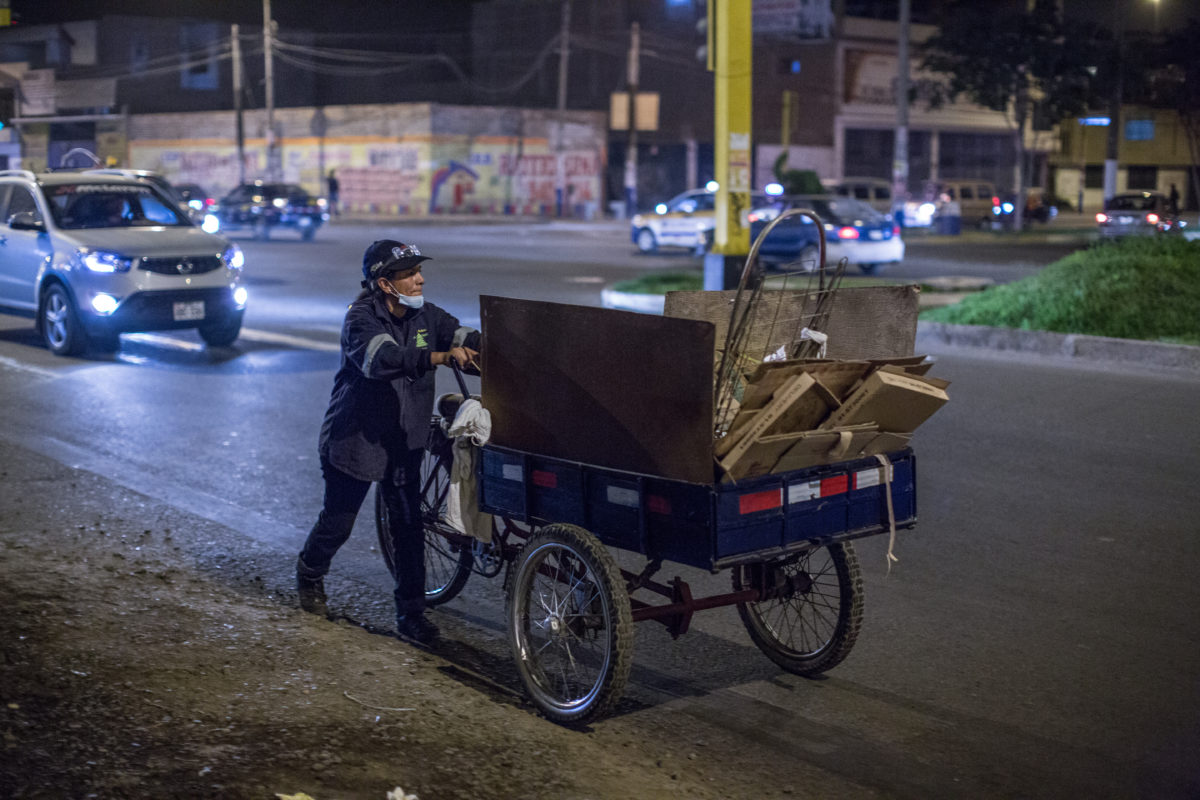How can an intersectional approach be applied throughout the project cycle management?
WIDE-Gendertraining (in English)
Facilitator & trainer: Patricia Muñoz Cabrera
Even though current development policies and strategies aim towards the implementation of an intersectional approach, focus remains largely on gender approaches. These approaches tend to overlook other intersecting forms/mechanisms of inequality (for example gender/age/ability/income/ethnicity) which further disempower certain groups of women and men across the life cycle and accentuate social inequalities. These intersecting mechanisms have a negative impact on women’s and men’s daily lives and in the enjoyment of their fundamental human rights in development.
A guiding question in this workshop will be how to best integrate a ‘leave no on behind’ approach in our projects/programmes, and which tools can help us ensure that the intersectional approach (including language and tools) is respectful of contextual specificities, transformative and empowering those who will benefit from it (individuals and communities). The workshop will offer a space to raise your practical questions, learn from concrete examples and experiences of the facilitator, and encourage intersectional knowledge-building and sharing among the participants.
Foto credit: A foto of María Elena Díaz Espinoza (president of the Asociación Vida Verde de los Olivos, which is affiliated to the National Federation of Waste Pickers in Peru) by Juan Arredondo, Getty Images, Images of Empowerment
Trainer: Patricia Muñoz Cabrera is a practitioner, lecturer and researcher. She was born in Chile, studied pedagogy, postcolonial studies, comparative literature, and feminist studies. While in Brazil, she did her post PhD research in intersectional analysis of public policies in Argentina, Brazil and Chile. For many years and before becoming an independent international consultant for international agencies and EU institutions, she worked as sustainable livelihoods programme manager in development NGOs based in Europe. Her core areas of interest are political analysis and gender & diversity policies in international development cooperation.
She has supported many organisations to put gender & diversity policies in practice. She has evaluated the impact of the EU Gender Action Plan II in several countries, as well as women’s empowerment programmes from the Dutch government (FLOW and Leading from the South). She also works to support institutions and international oranisations to design monitoring systems that reflect an intersectional approach.
Participants: Project officers & staff, experts and leaders of development, humanitarian aid organisations; interested persons working in relating issues and contexts.
Day 1: 6th of June 2023 (9:00-16:00)
Day 2: 7th of June 2023 (9:00-12:00)
At: Licht für die Welt, Niederhofstraße 26, 1120 Wien (barrier-free access)
Contribution: 25,‐ Euro (WIDE-member); 70,- Euro (if you are not a WIDE-member)
(includes snacks & refreshments and lunch on 6th of June)
Registration until 17th of May 2023: wurzer@wide-netzwerk.at
Limited number of participants (max. 20)!


